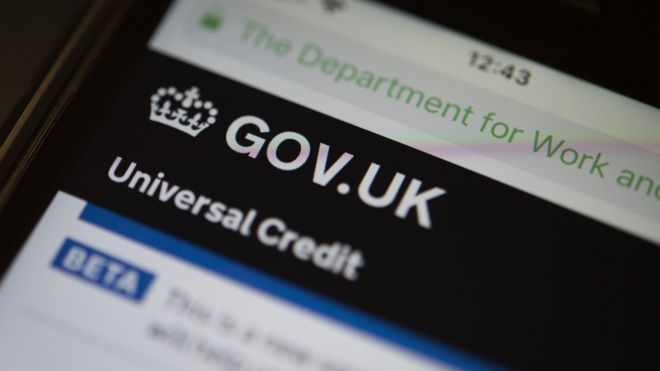 UNIVERSAL Credit is “failing millions of people”, especially the vulnerable, according to a new report from peers.
UNIVERSAL Credit is “failing millions of people”, especially the vulnerable, according to a new report from peers.
The Lords’ Economic Affairs Committee said it agreed with the government’s aim for the scheme – to bring together multiple benefits into one payment.
But it criticised its design, blaming Universal Credit for “soaring rent arrears and the use of food banks”.
One poverty charity, the Joseph Rowntree Foundation, said the report “reinforced the scale and urgency of reforms needed”.
And Labour said the system was “simply not working”, instead “pushing people further into poverty and debt”.
The Lords’ report said cuts to social security budgets over the last 10 years had caused “widespread poverty and hardship”.
As a result, the committee said Universal Credit needed “urgent investment just to catch up and provide claimants with adequate income”.
The peers called on the government to make the rise in payments due to the coronavirus crisis permanent.
They also called for a non-repayable two-week grant to be introduced to cut the current five-week wait for a claimant’s first payment.
The British government said urgent payments were already available, but peers said the standard five weeks “entrenches debt, increases extreme poverty and harms vulnerable groups disproportionately”.
The committee also criticised the way payments were calculated, claiming the system could result in “large fluctuations in income month-to-month, making it extremely difficult for claimants to budget”.
It wants payments to be fixed for three months and for historic tax credit debt to be written off.
Tory peer Lord Forsyth, who chairs the committee, said the system “fails to provide a dependable safety net” for those in need.
“The mechanics of Universal Credit do not reflect the reality of people’s lives,” he added. “It is designed around an idealised claimant and rigid, inflexible features of the system are harming a range of claimant groups, including women, disabled people and the vulnerable.
“It needs rebalancing, with more carrot and less stick, particularly as large numbers of claimants will have ended up on it because of events completely out of their control. ”
Universal Credit was introduced by the coalition government in 2010 to replace six benefits with one payment.
But it has led to a number of controversies, including cuts to the amount people receive, delays in payments and questions over assessments.
Tags:




